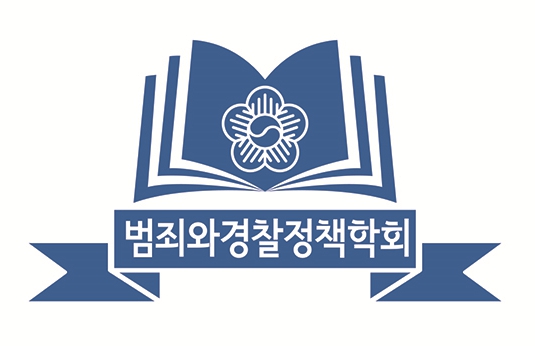- ENGLISH
- P-ISSN2982-6942
범죄 피해자 지원 서비스 비교연구: 미국, 영국, 뉴질랜드 독일, 일본을 중심으로
A Comparative Study of Victim Support Services: Focusing on the United States, United Kingdom, New Zealand, Germany, and Japan

오경석(GYEONG SEOK OH) (영남대학교 경찰행정학과 조교수)

초록
본 연구는 범죄 피해자 지원 체계의 발전 및 통합 방안을 모색하기 위해, 한국과 주요 해외 국가의 피해자 지원 제도를 비교·분석하였다. 한국의 범죄피해자지원센터, 스마일센터, 다누리콜센터 등 다양한 지원 기관과 정책이 운영되고 있으나, 각 기관 간 연계 부족, 초기 대응의 한계, 심리적 회복 지원 미비와 같은 구조적 문제점이 존재한다. 반면, 뉴질랜드, 영국, 독일, 일본 등 선진국의 사례를 통해 발견된 주요 시사점은 피해자 지원 체계의 통합적 접근, 데이터 기반의 맞춤형 서비스, 장기적 재활 지원 체계, 민관 협력의 활성화이다. 이에 본 연구는 피해자 지원의 전문성과 접근성을 강화하고, 피해자 친화적 디지털 환경과 데이터 통합 체계를 구축하는 방향성을 제안하였다. 이러한 연구는 한국의 피해자 지원 정책이 피해자의 신체적·심리적 회복뿐 아니라 사회적 자립을 지원하는 통합적 모델로 발전하는 데 기여할 수 있을 것이다.
- keywords
- 범죄피해자, 피해자지원센터, 피해자 비교연구, 지원 정책, 통합적 모델
Abstract
This study explores the development and integration strategies of victim support systems by conducting a comparative analysis of victim assistance programs in South Korea and leading countries. Despite the operation of various institutions, such as the Korean Victim Support Center, Smile Centers, and Danuri Call Centers, structural issues persist, including insufficient inter-agency collaboration, limitations in initial response, and inadequate psychological recovery support. In contrast, case studies from advanced nations like New Zealand, the United Kingdom, Germany, and Japan highlight key insights, such as integrated approaches to victim support, data-driven personalized services, long-term rehabilitation programs, and active public-private partnerships. This study proposes strengthening the professionalism and accessibility of victim support services while establishing a victim-friendly digital environment and integrated data systems. The findings aim to contribute to advancing Korea’s victim support policies into a comprehensive model that fosters not only physical and psychological recovery but also the social reintegration of victims
- keywords
- Victim of a Crime, Victim Support Center, Comparative Study of Victims, Support Policy, Integrated Model
- 투고일Submission Date
- 2024-12-16
- 수정일Revised Date
- 게재확정일Accepted Date
- 2024-12-30

